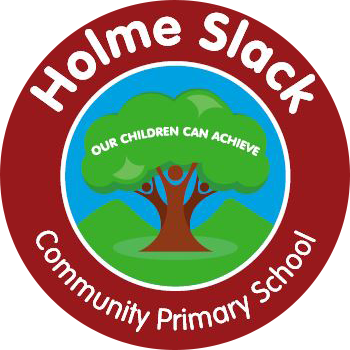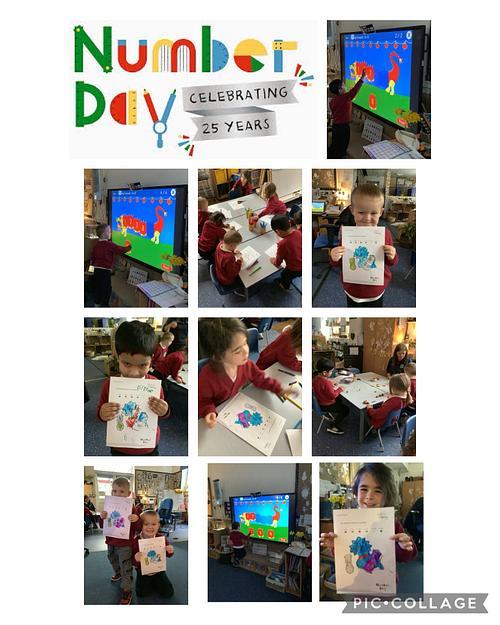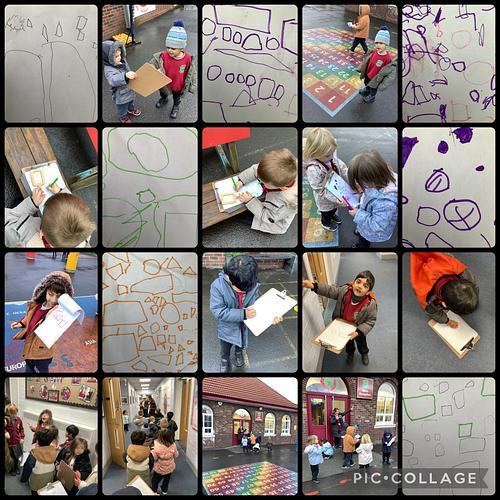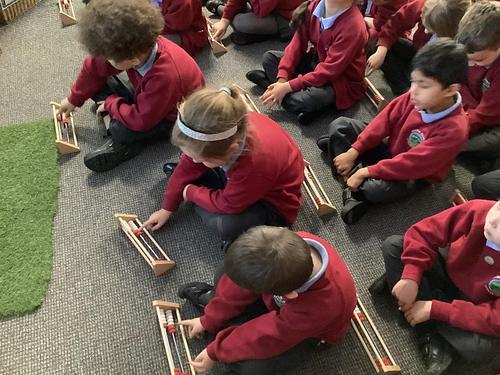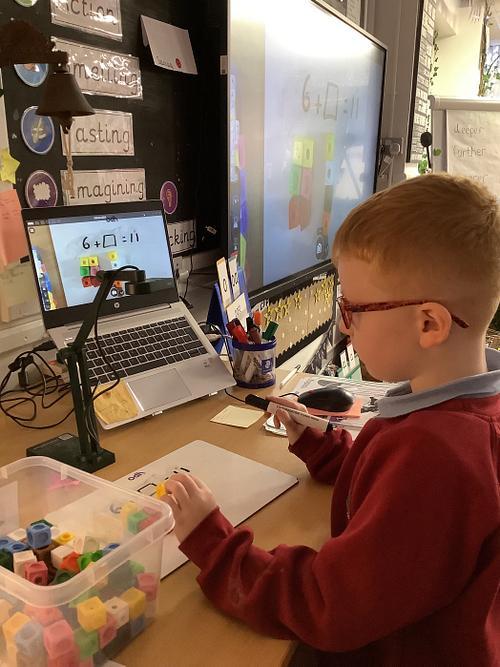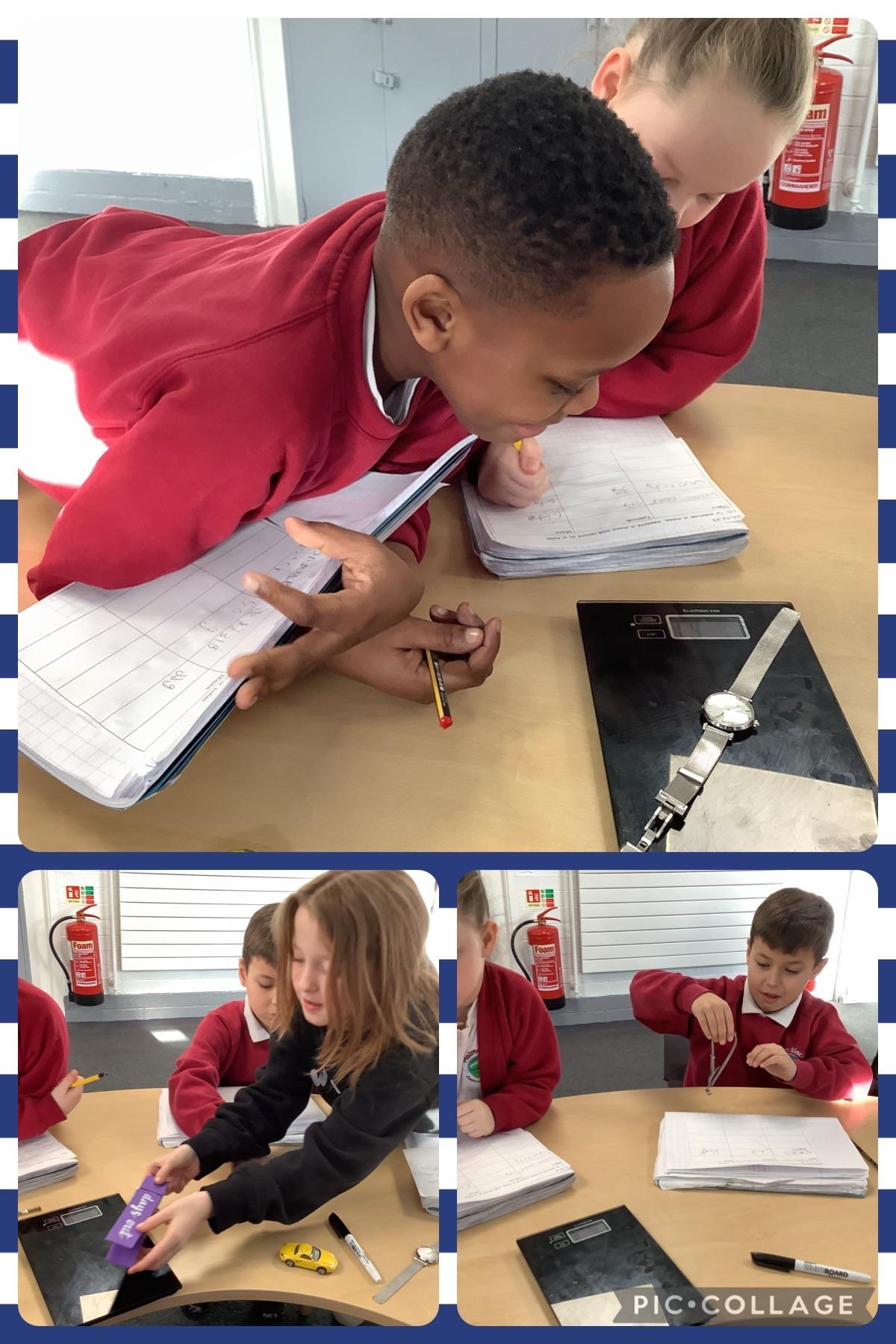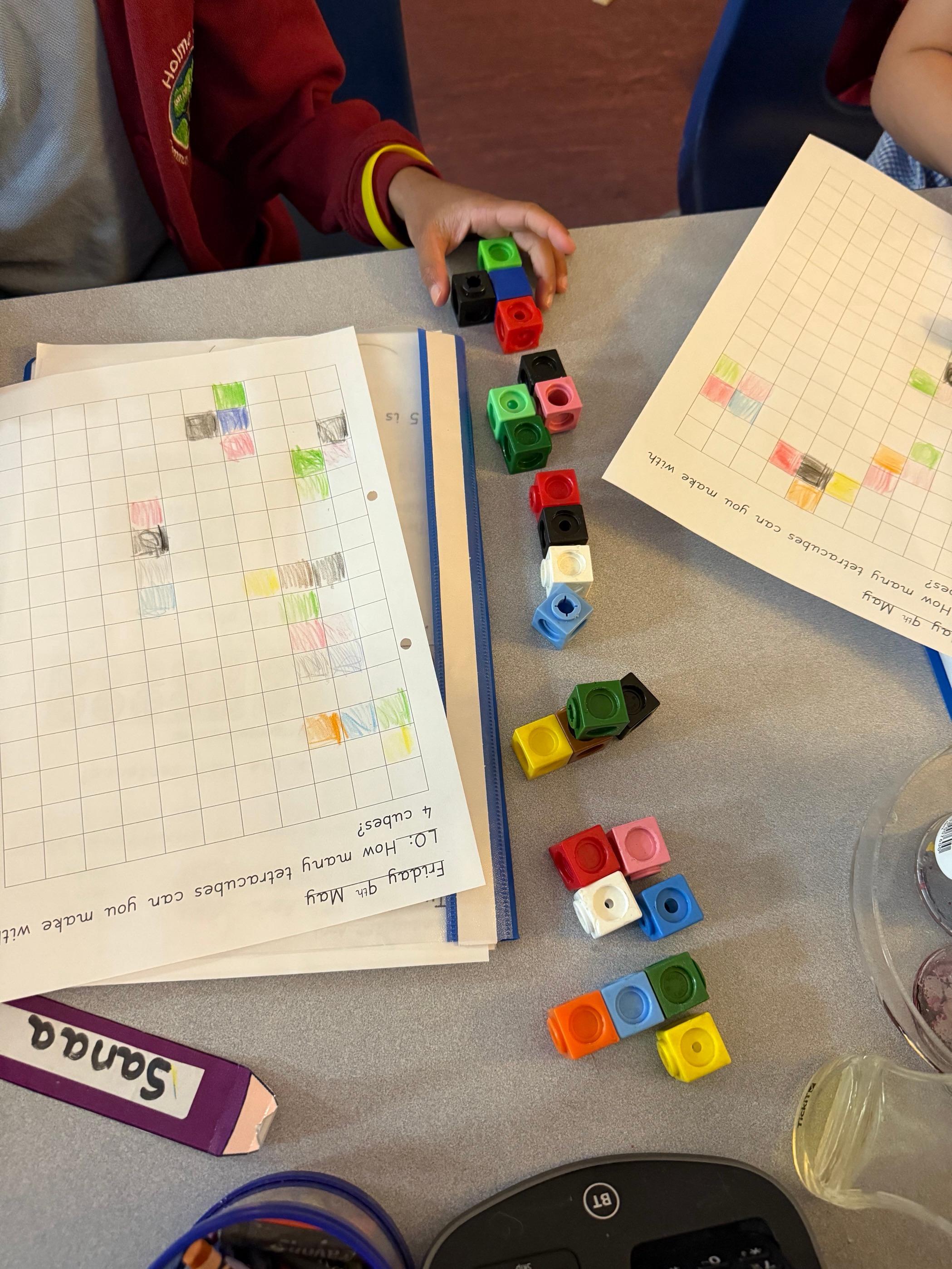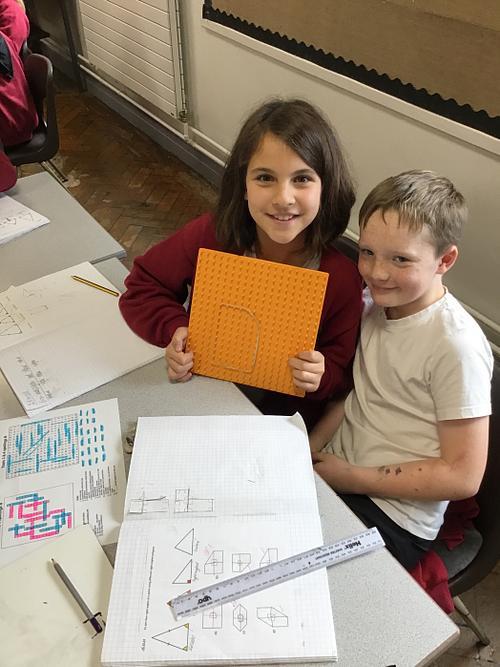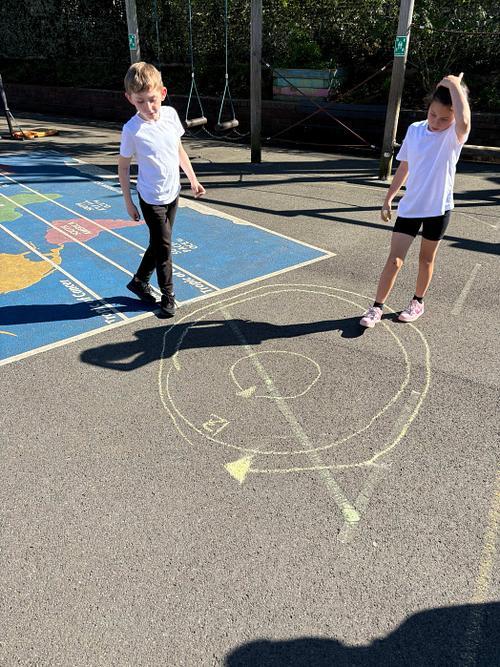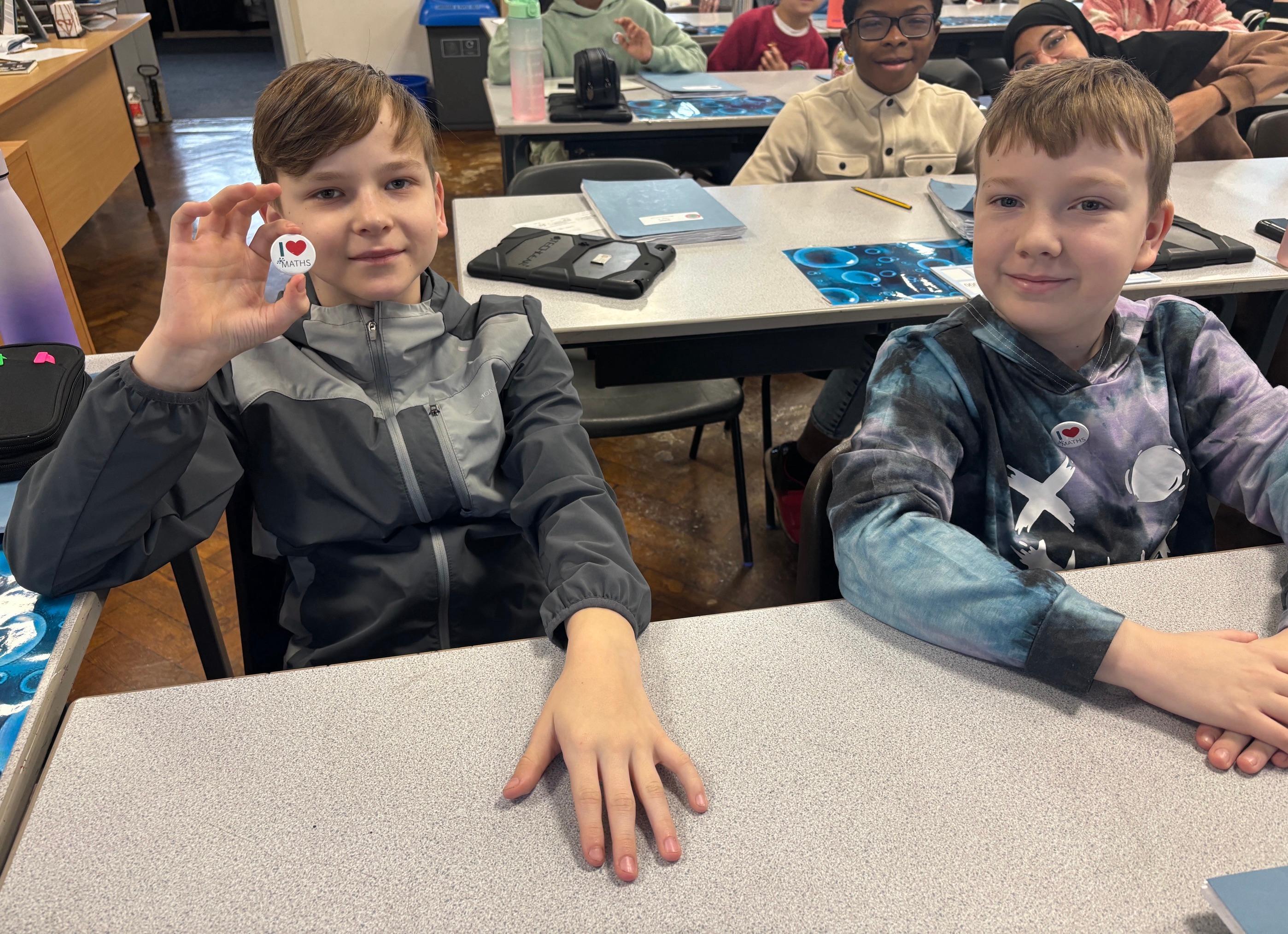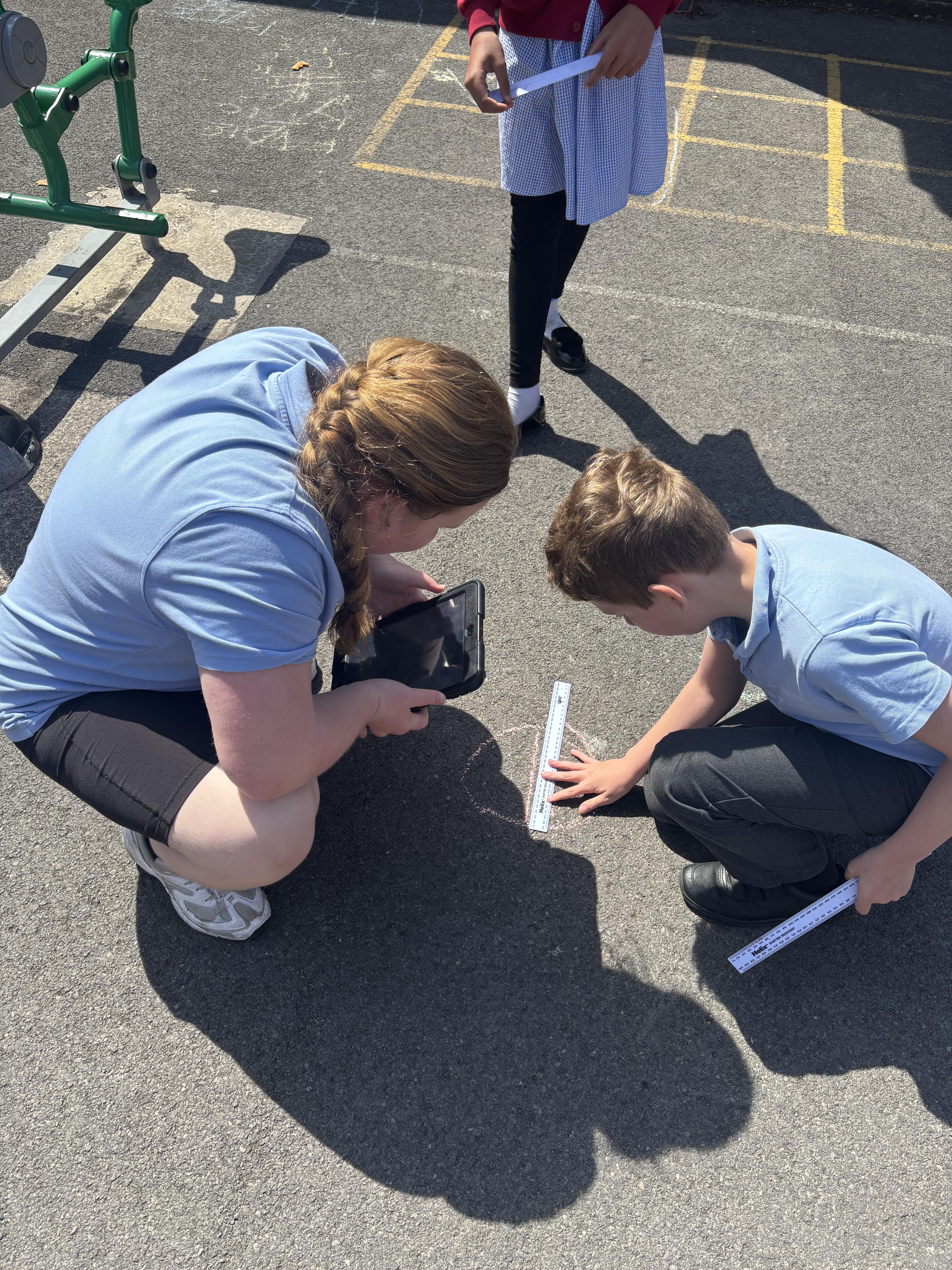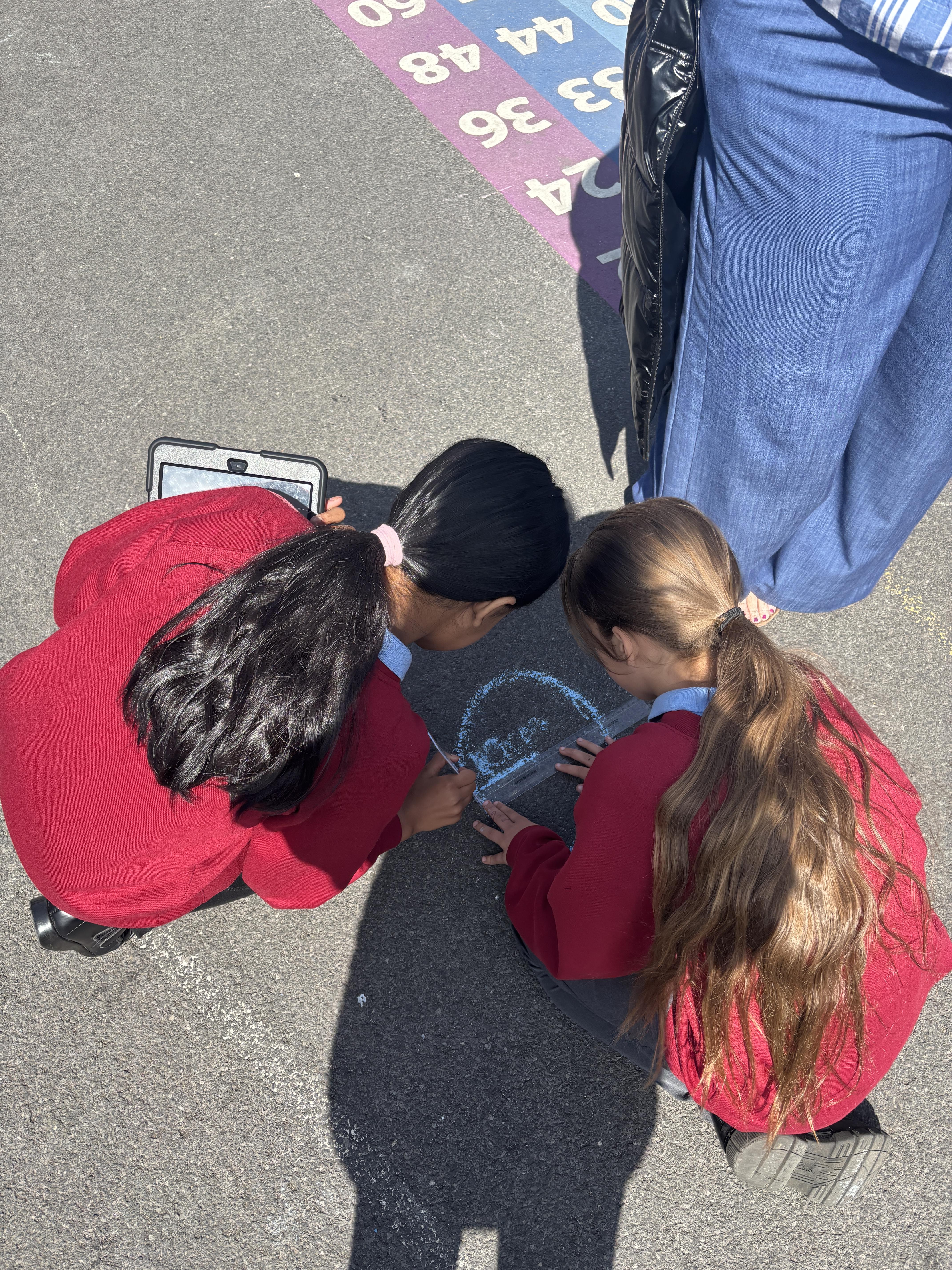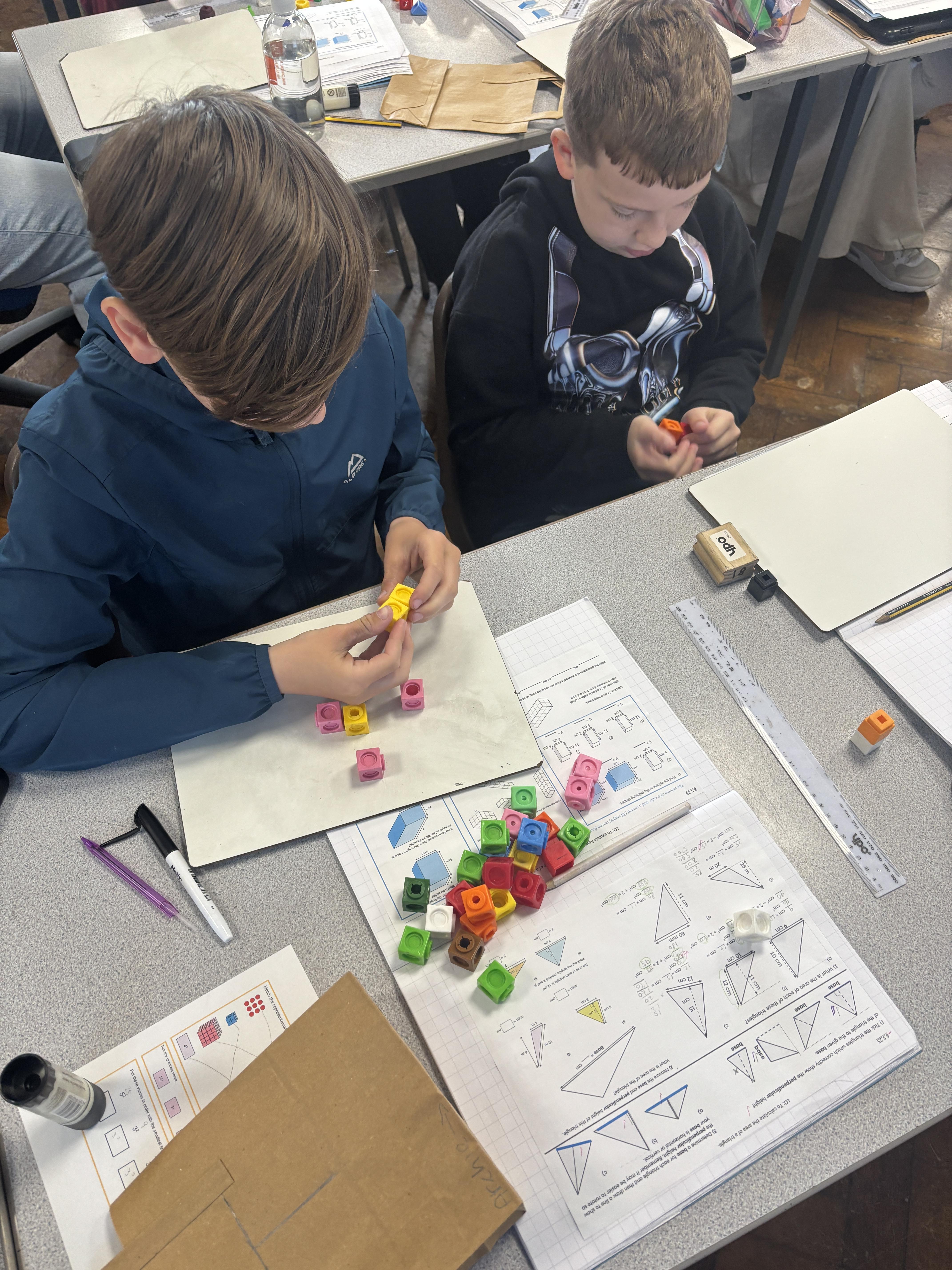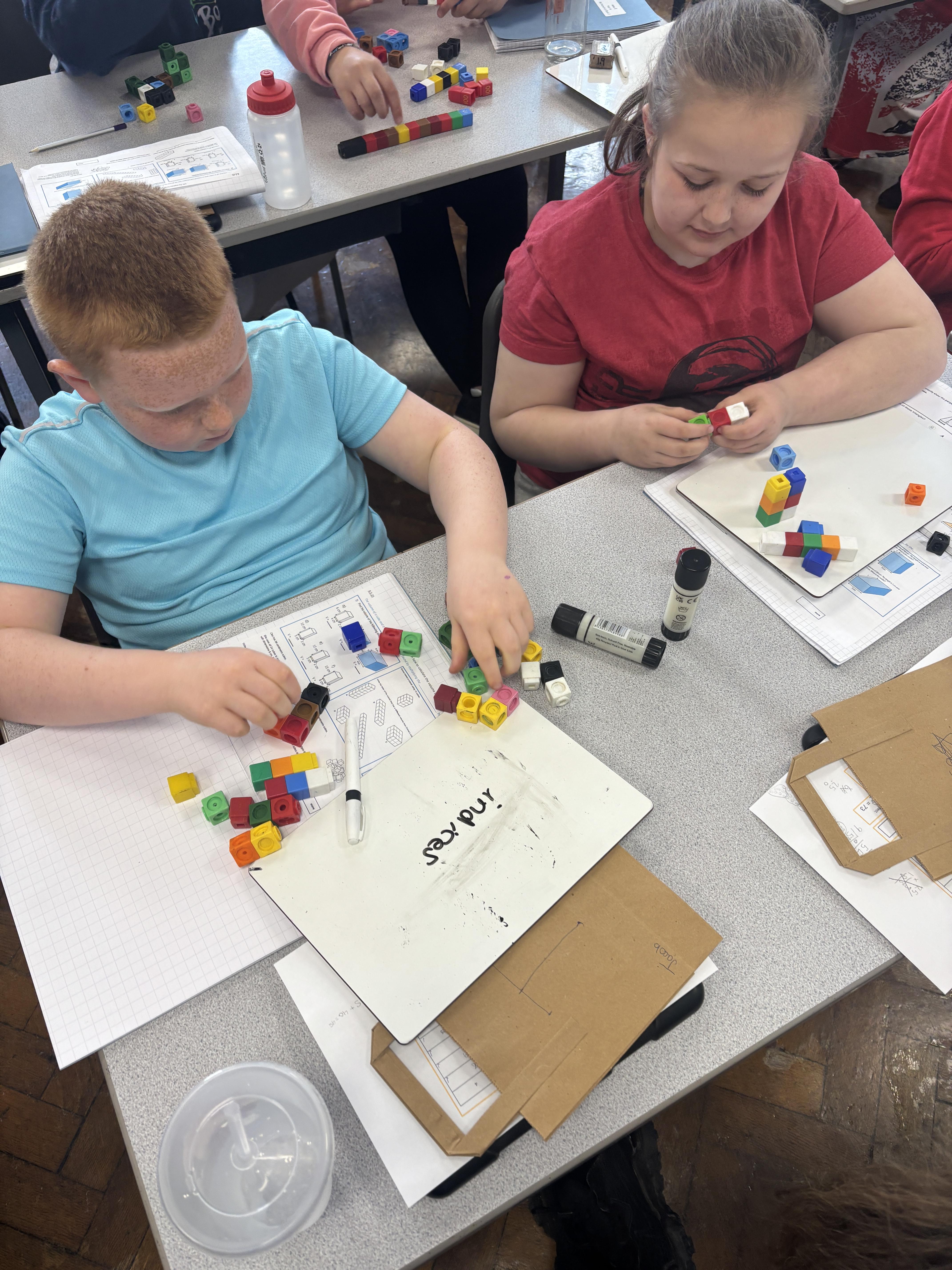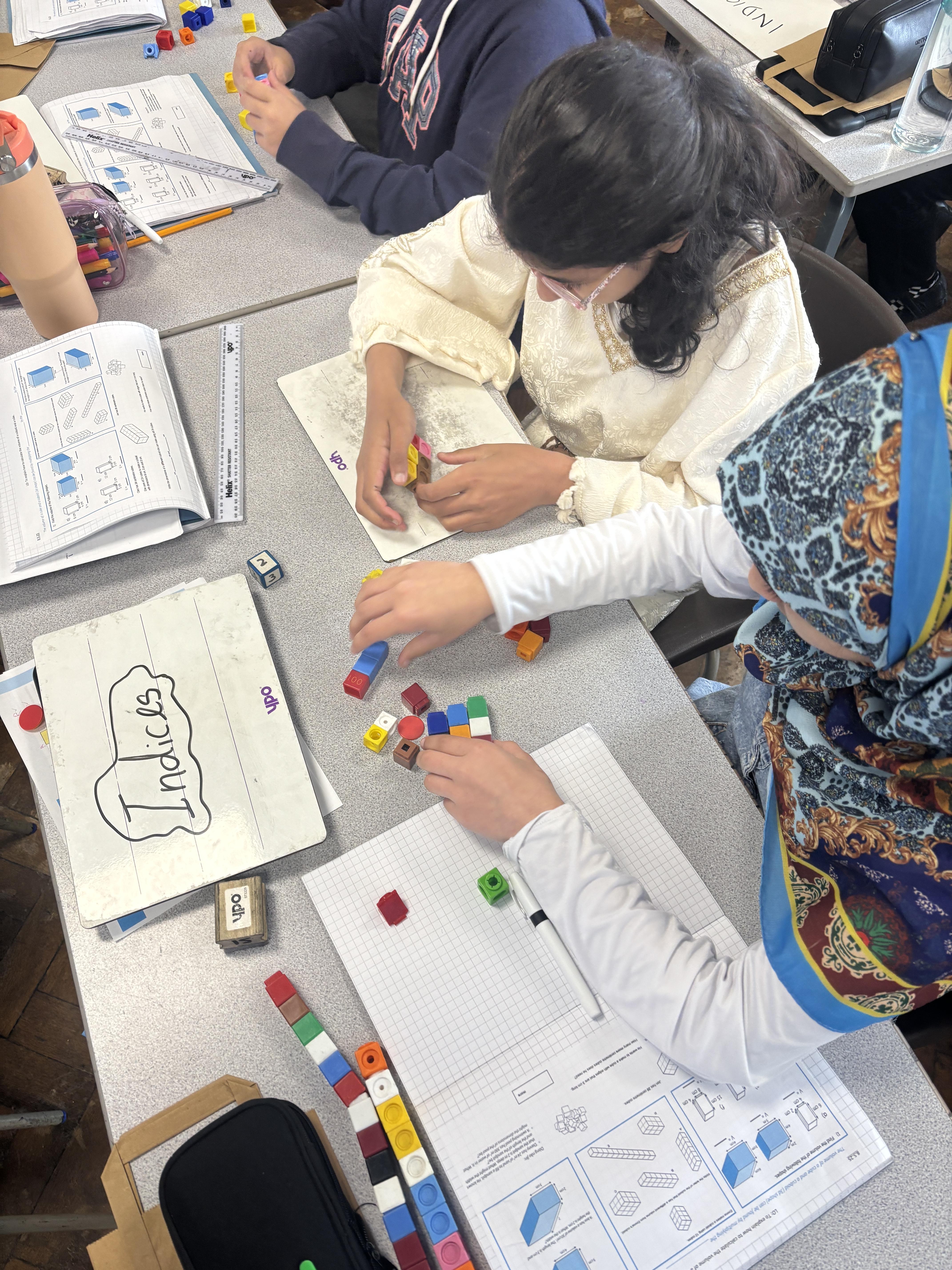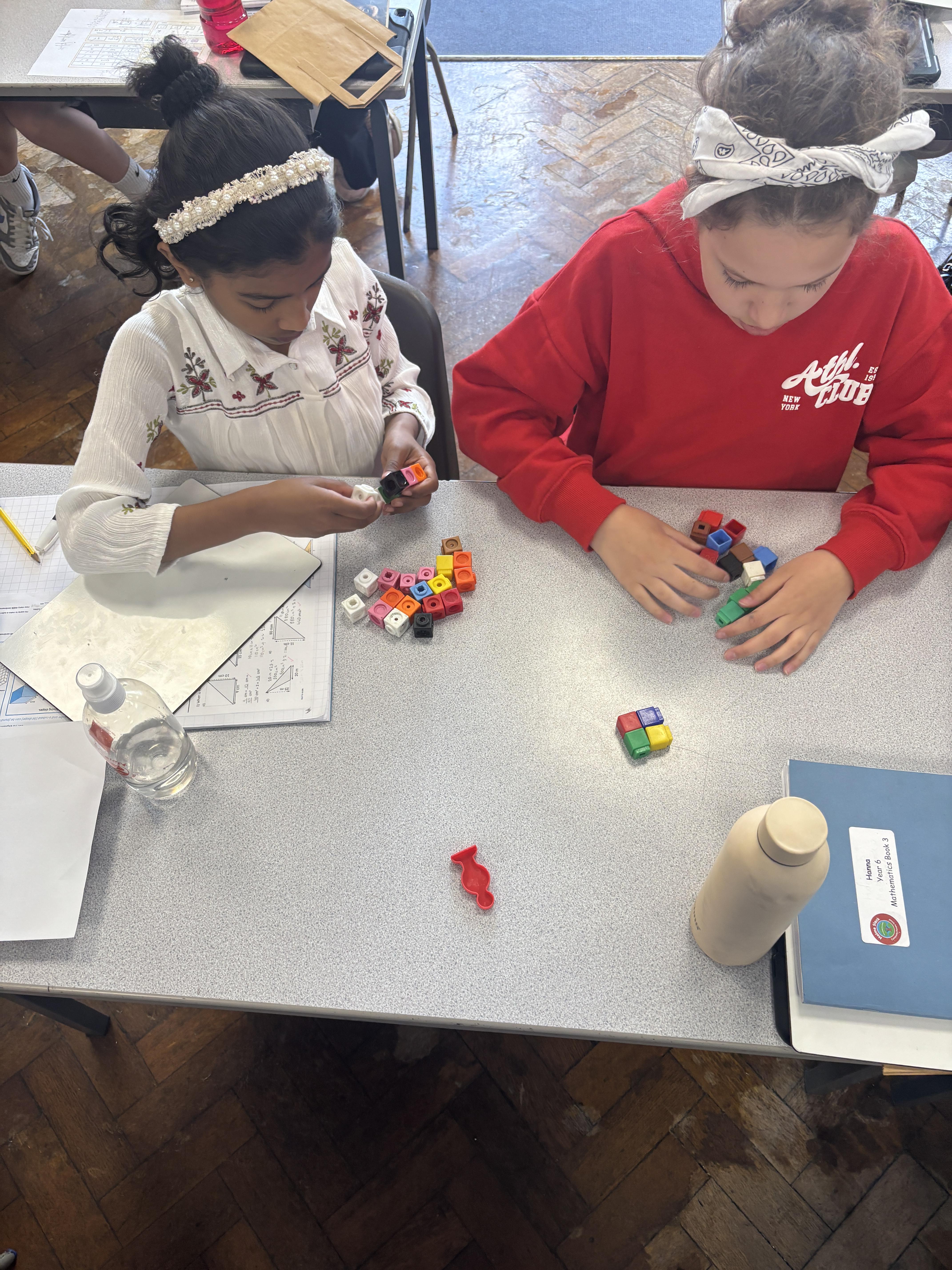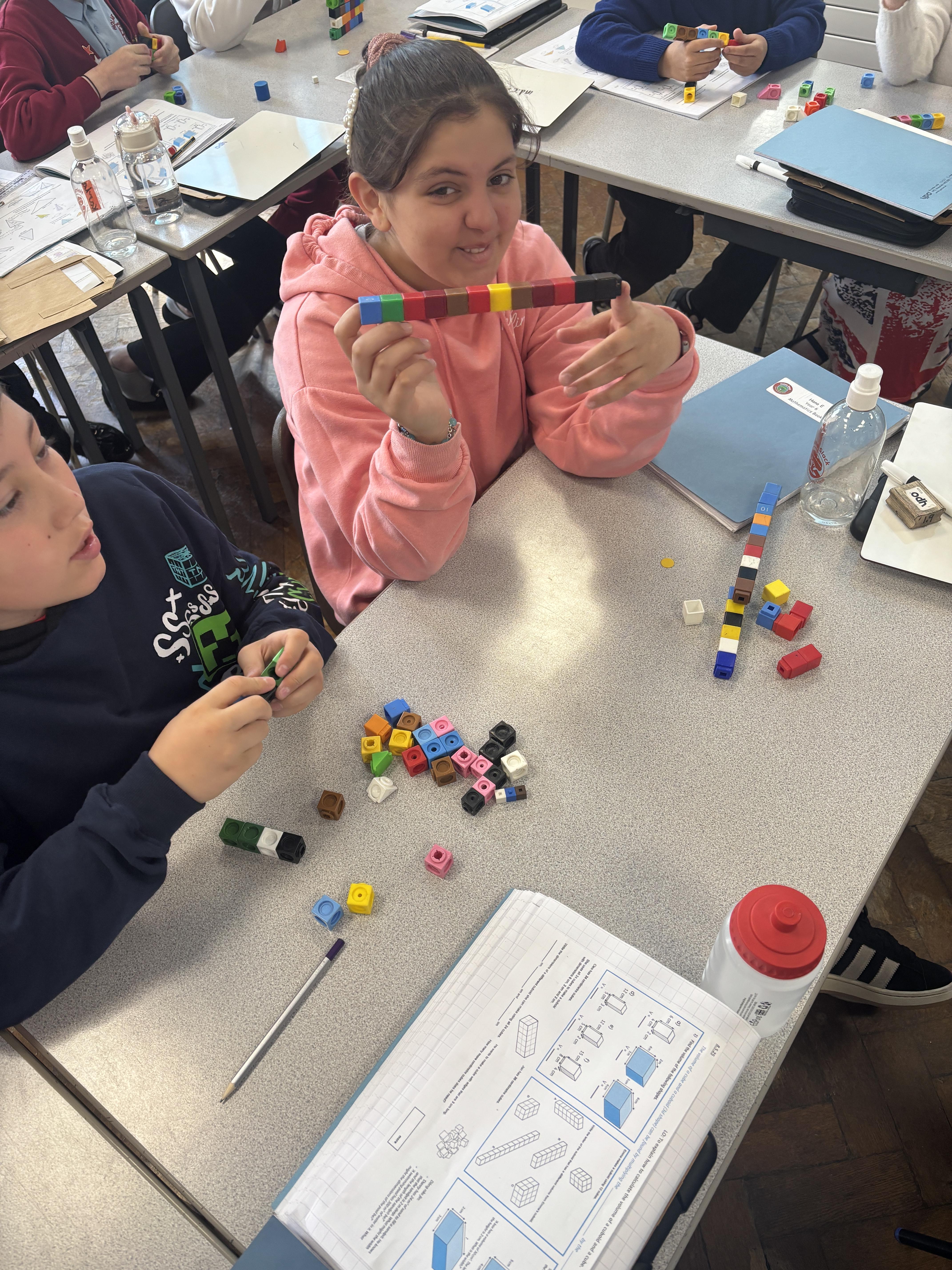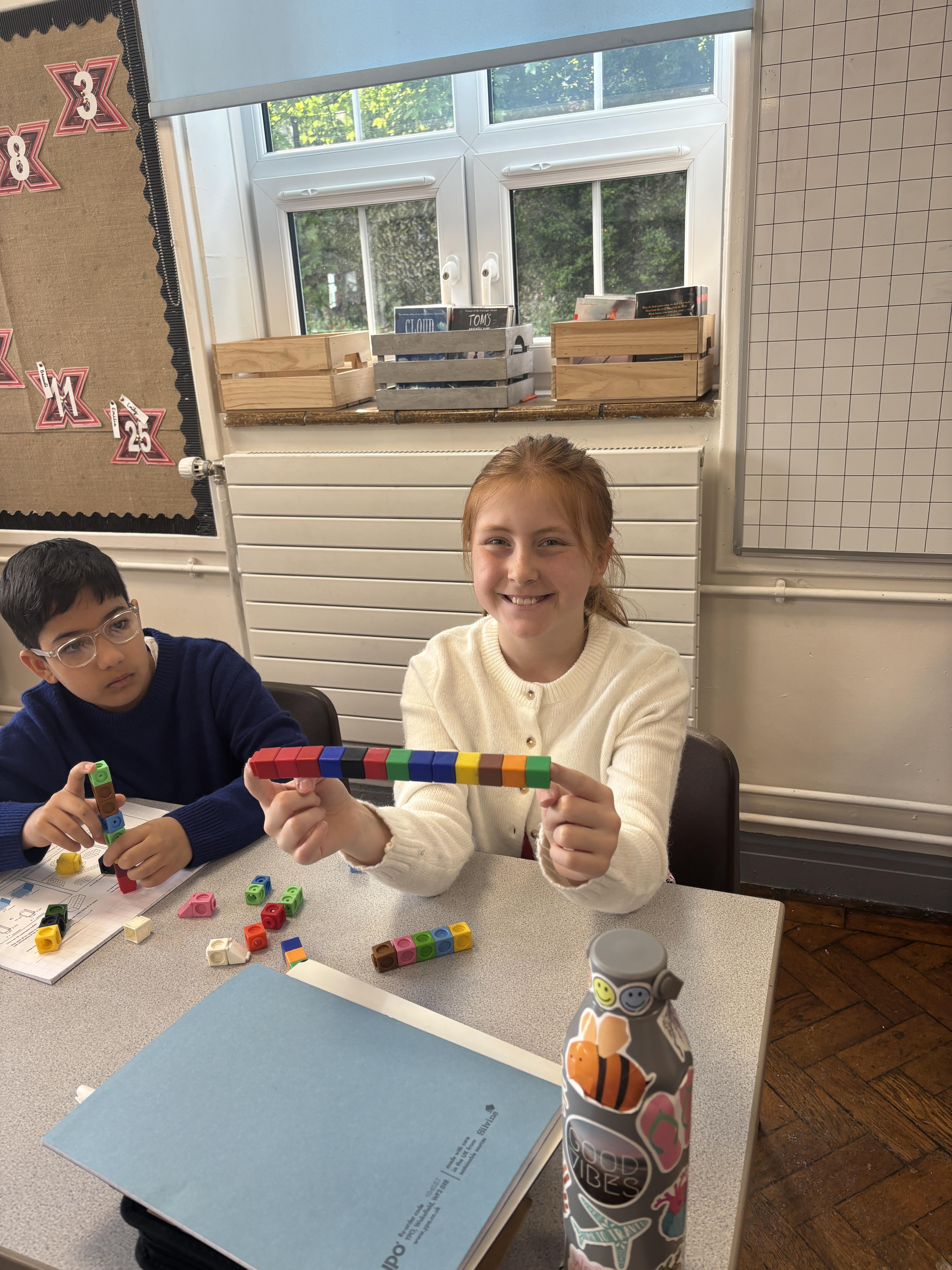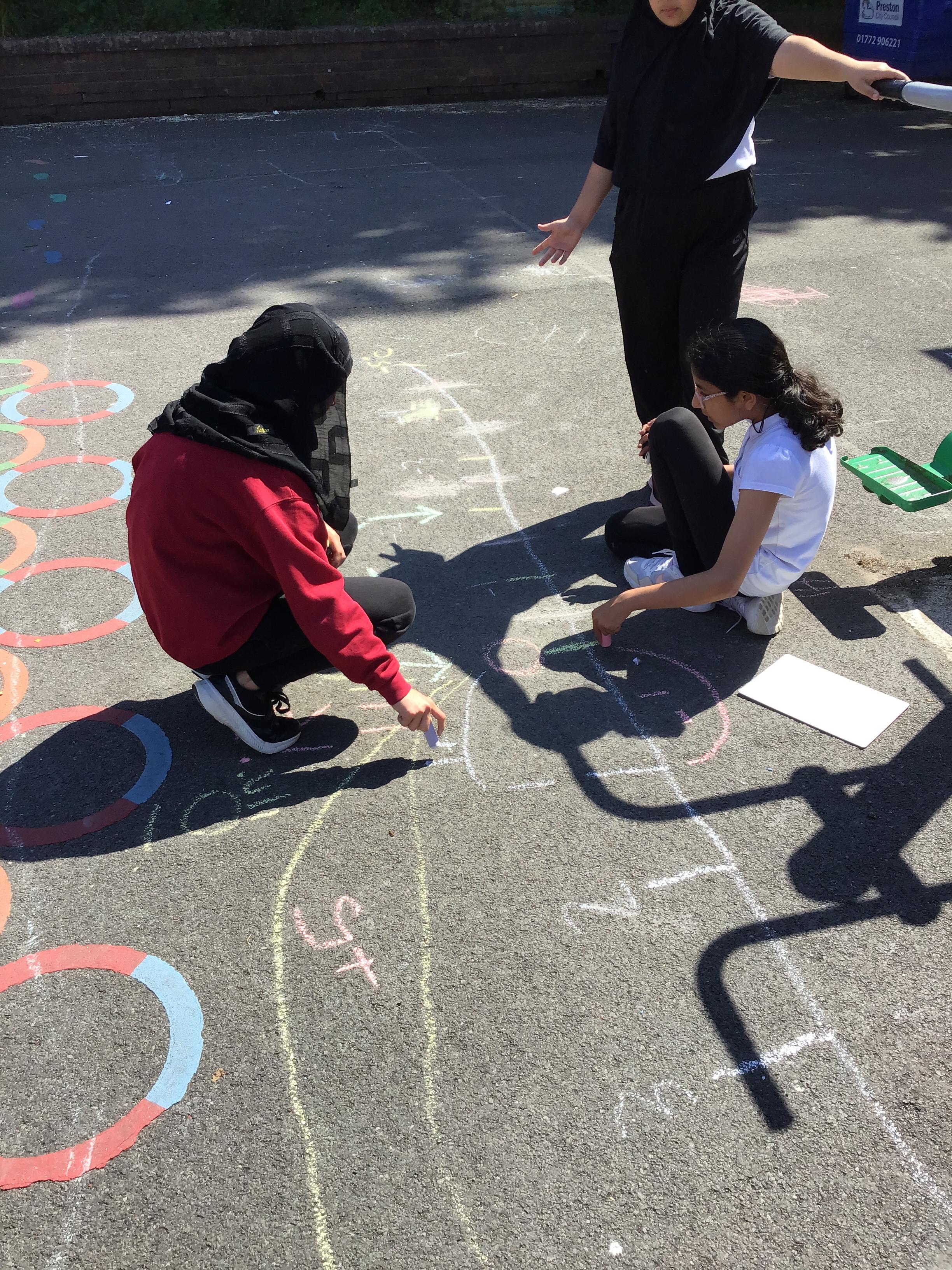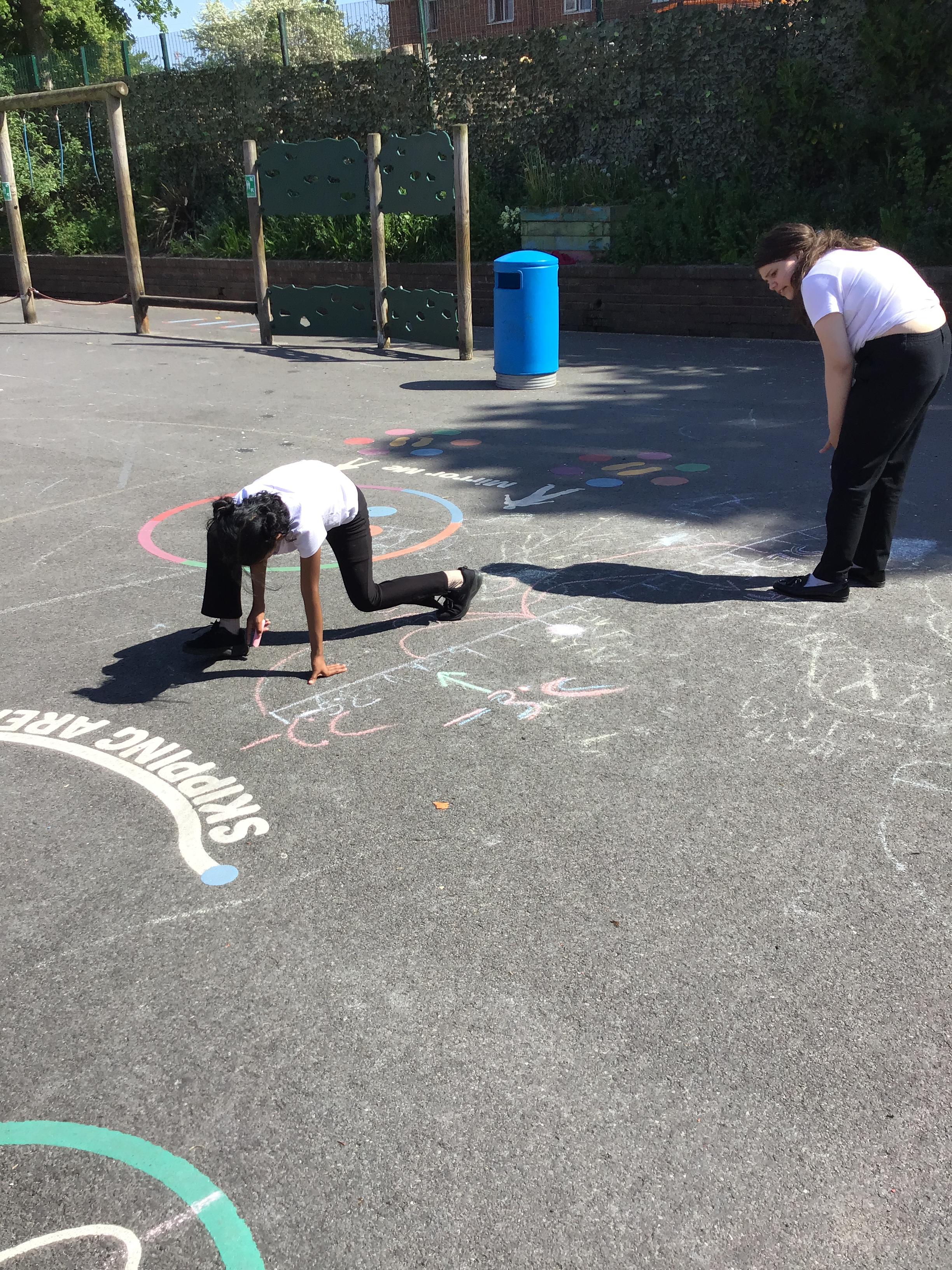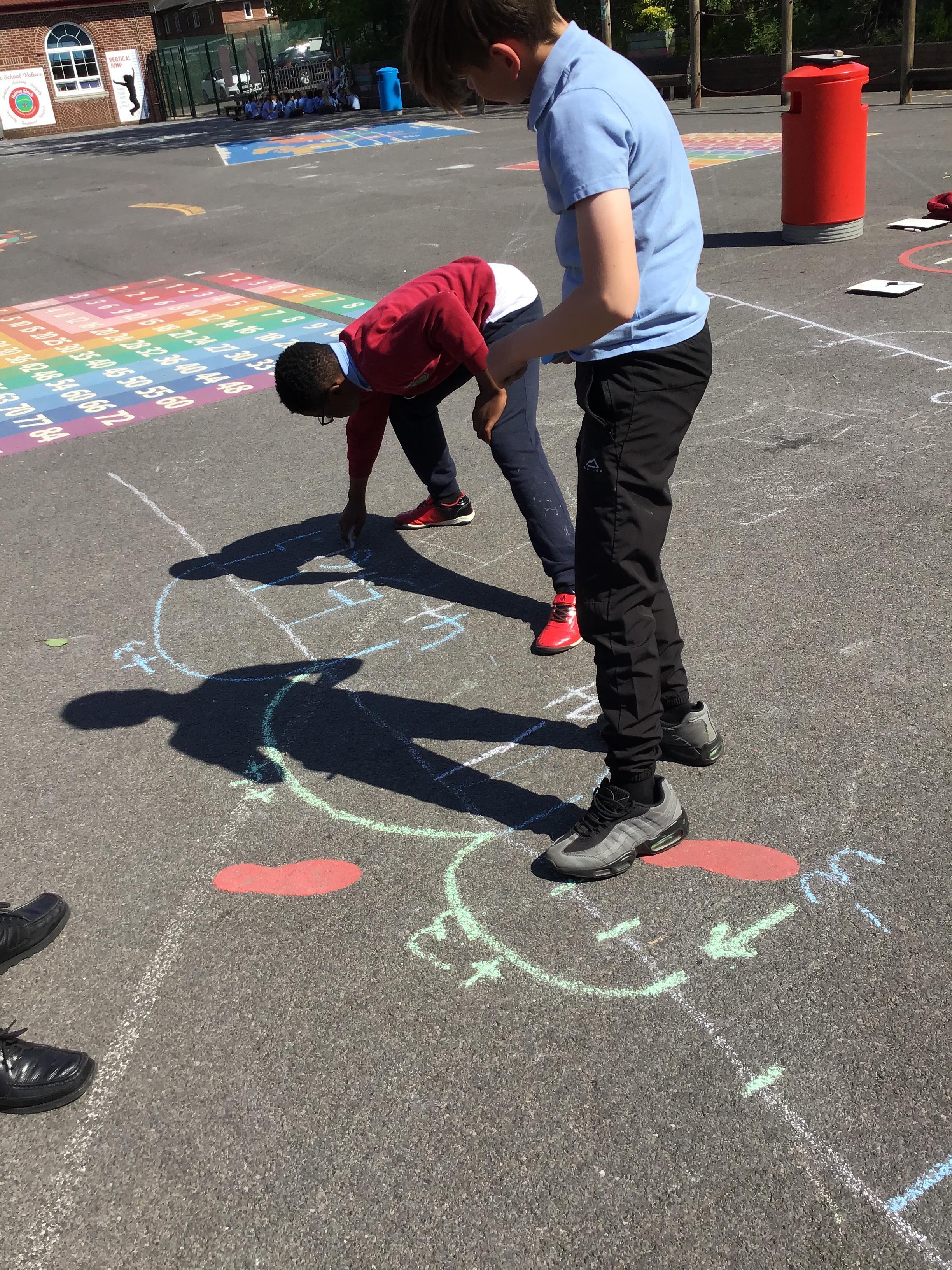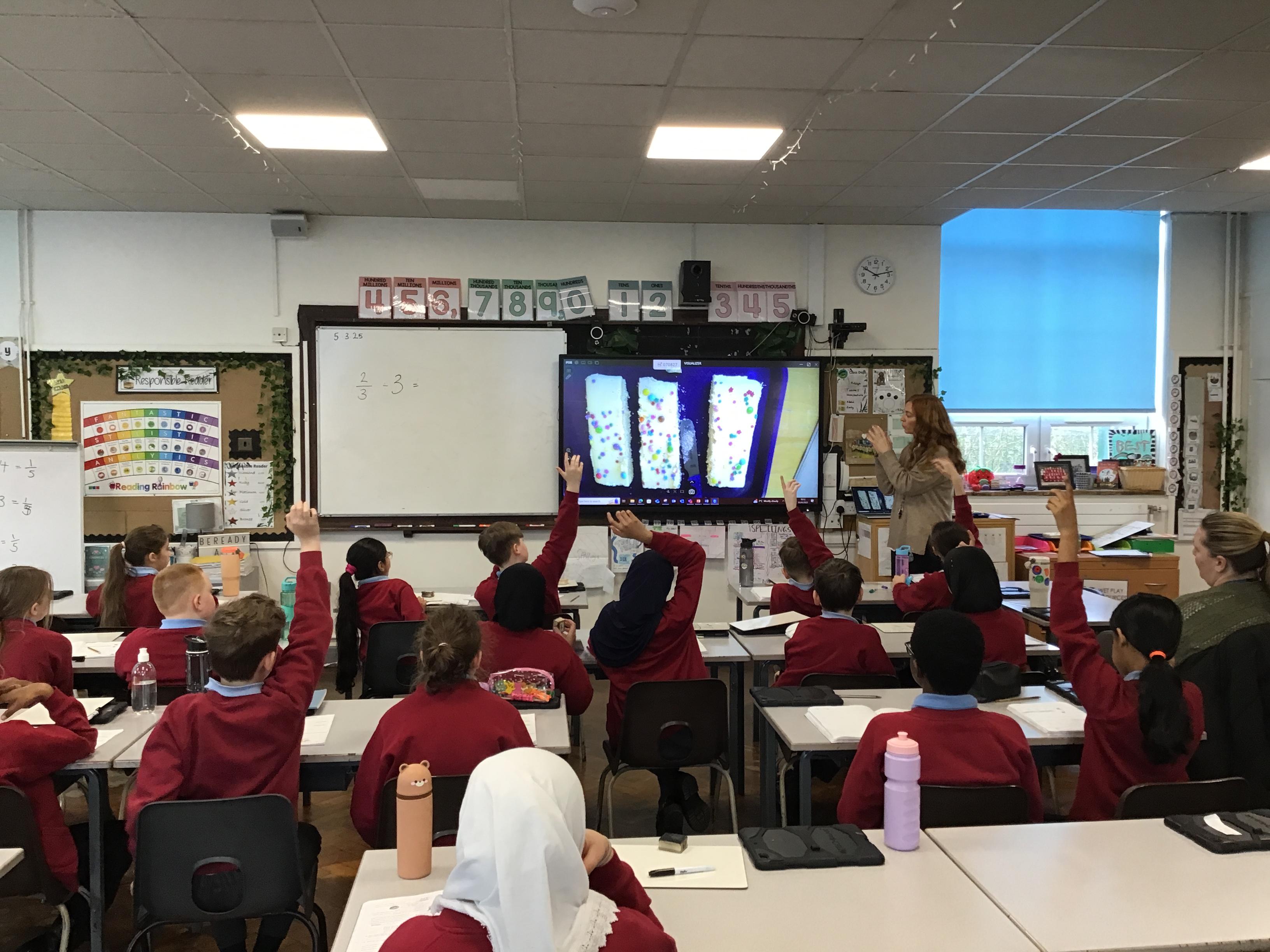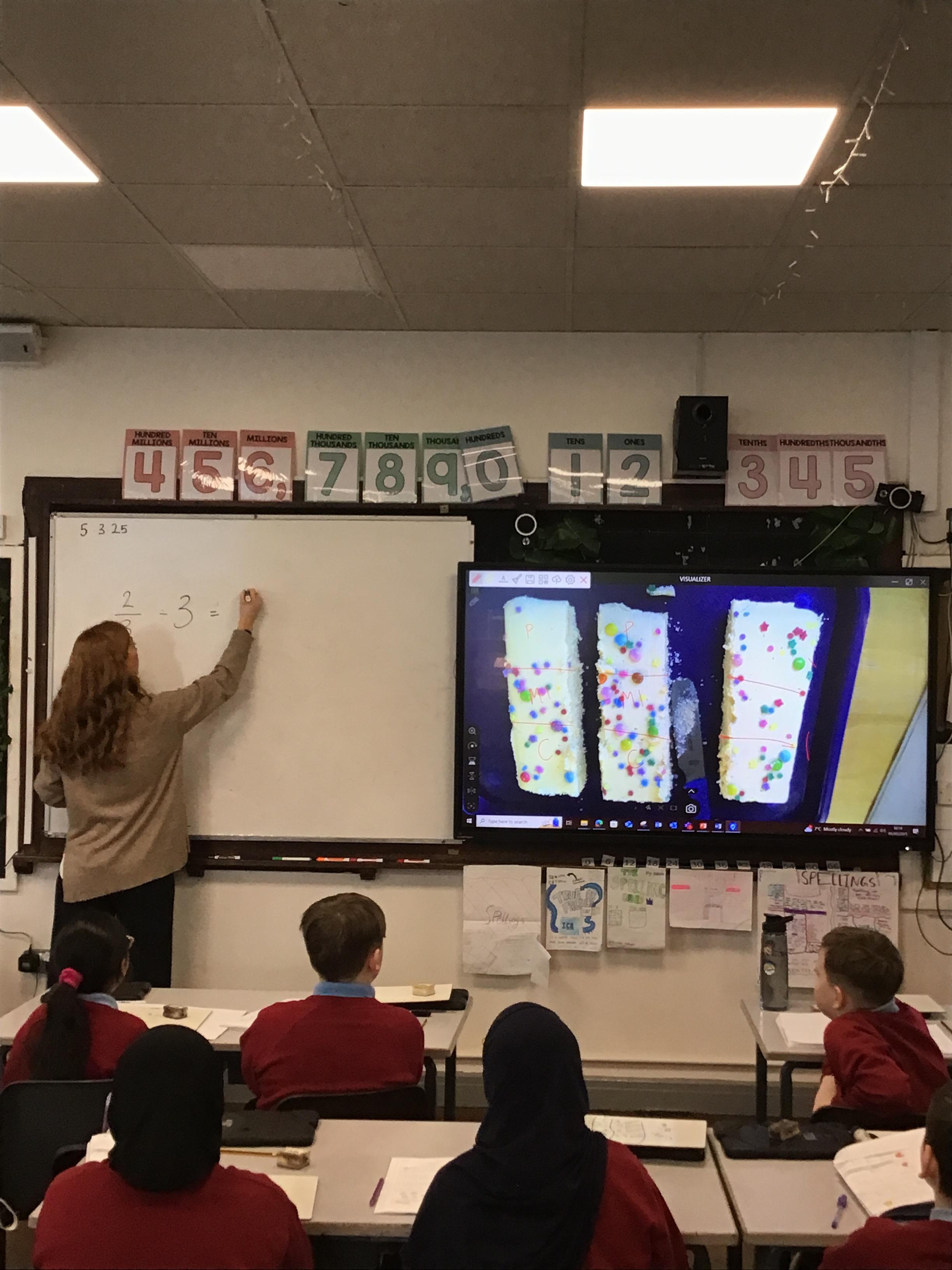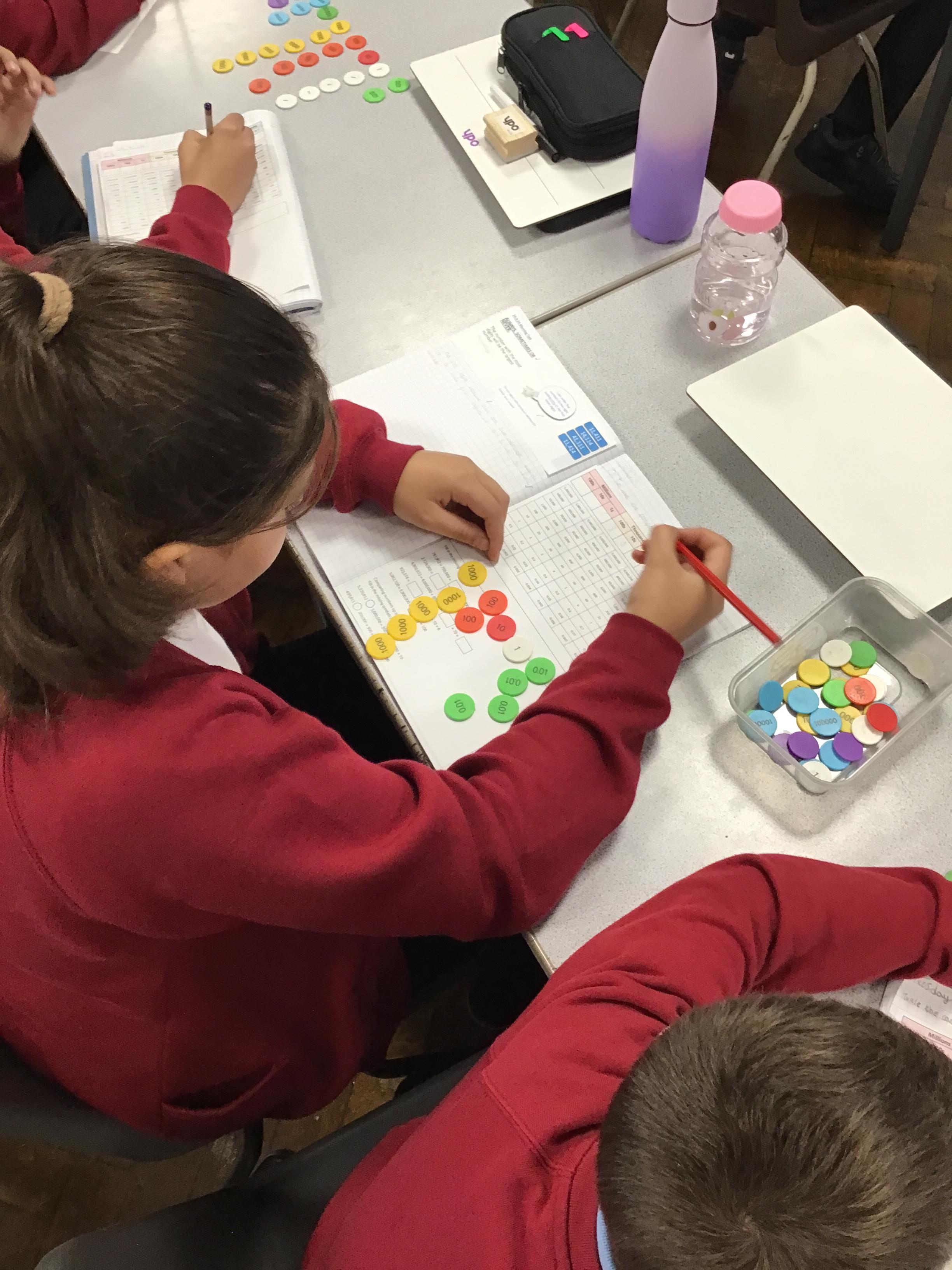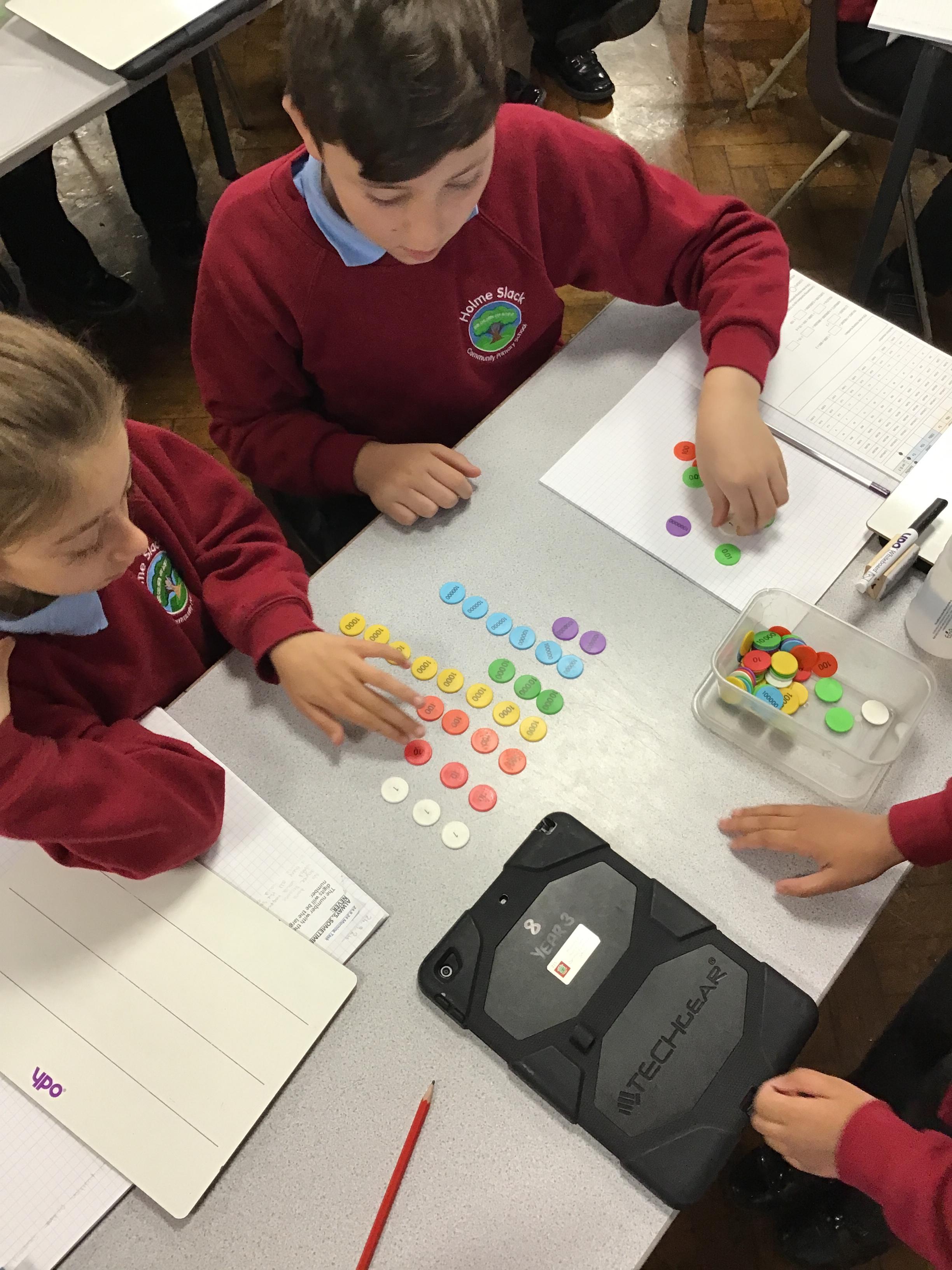Maths
At Holme Slack, we have adopted the Teaching for Mastery approach. We believe that everyone can learn and enjoy mathematics and children's chances of success are maximised if they develop deep and lasting understanding of mathematics procedures and concepts.
The 5 Big Ideas are fundamental characteristics that underpin our maths lessons. Teaching is designed to enable a coherent learning progression through the curriculum, providing access for all pupils. Resources and pictorial models are carefully selected to expose mathematical structures; we use the CPA (concrete, pictorial, abstract) approach which is a system of learning that uses physical and visual aids to build a child's understanding of abstract topics. Something that we know is critical to all children developing their understanding of maths. Children at Holme Slack engage in mathematical thinking in all maths lessons, communicating their ideas and using precise mathematical language when they reason logically and make connections.. Our children love to tell us how they found their answer! We ensure our children understand the ‘why’. Explicitly making these connections will help deepen children's fluency.
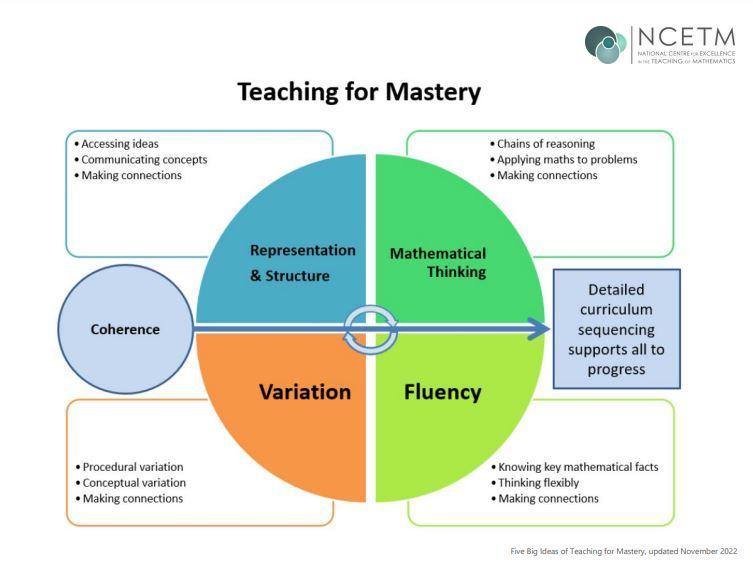
At Holme Slack, we take part in the Mastering Number at KS1; a project that aims to secure firm foundations in the development of good number sense for all children from Reception through to Year 1 and Year 2. In Year 4 and Year 5, we also deliver Mastering Number at KS2 which is a project that enables pupils to develop fluency in multiplication and division facts and a confidence and flexibility with number that exemplifies good number sense. Knowledge of multiplication and division and its applications forms the single most important aspect of the KS2 curriculum and is the gateway to success at secondary school.

At Holme Slack, we follow the NCETM Curriculum Prioritisation as a tool to support planning and teaching maths lessons from Year 1 to Year 6. This resource provides coherent sequencing for the primary maths curriculum. It draws together the DfE guidance on curriculum prioritisation, with the high quality professional development and classroom resources provided by the NCETM Primary Mastery PD materials.
Alongside the NCETM Curriculum Prioritisation, teachers also enhance lessons with a range of resources from The Oak Academy and White Rose Maths. These resources not only help deepen children’s understanding but also provide excellent opportunities for collaborative working, mathematical discussion and provide teachers with valuable informal assessment opportunities.
In Early Years, children are immersed in mathematics and are given planned and spontaneous opportunities to develop their mathematical understanding. Throughout the physical environment, there are opportunities to practice and embed learning using purposeful and stimulating activities and resources. There is a dedicated maths area in the classroom where children enjoy playing with purposeful resources to enhance what they have been taught. There are also opportunities in other areas of the setting for children to engage in talk about shape, measures, patterns and numbers. Staff model mathematical language and thinking whilst engaging with children in their play.
Songs, stories and rhymes are important in our EYFS setting. Staff pick out numerical patterns in stories and use songs or rhymes to enhance learning of things such as number bonds and composition of numbers. Alongside this, carefully chosen visual representations and manipulatives enable children to make links in their learning about number structures. In EYFS we routinely use tens frames and dice frames to support children’s understanding of numbers.
Through the Mastering Number Programme, children develop an understanding of number with a focus on depth. This programme builds slowly to deepen children’s understanding of number, starting at Reception and into KS1.
Despite the new 2021 EYFS framework changes within mathematics, we ensure children are given opportunities to explore spatial language, shape and measures. Learning experiences are planned throughout the year for children to explore. Alongside lessons, children have opportunities in the provision to develop their understanding of patterns, size, shape and spatial relationships, in areas such as construction and craft areas as well as outside.
Mathematics in EYFS does not stop at the end of a maths lesson; staff highlight the mathematics within the daily routines in each setting such as snack times and self registration. These routine events enable children to practice their problem solving skills and reasoning skills in real life situations. Children are engaged in mathematical thinking during everyday tasks such as tidying up at the end of a session or self registration.
Miss Robinson is our Maths Subject Leader and she is a Primary Mastery Maths Specialist for Abacus North West Maths Hub. This involves sharing the Teaching for Mastery approach with other schools and leading Teaching for Mastery Work Groups.
We work alongside the Abacus North West Maths Hub to continue to develop and enhancing our whole school Teaching for Mastery approach. We are a 'Sustaining' school.
